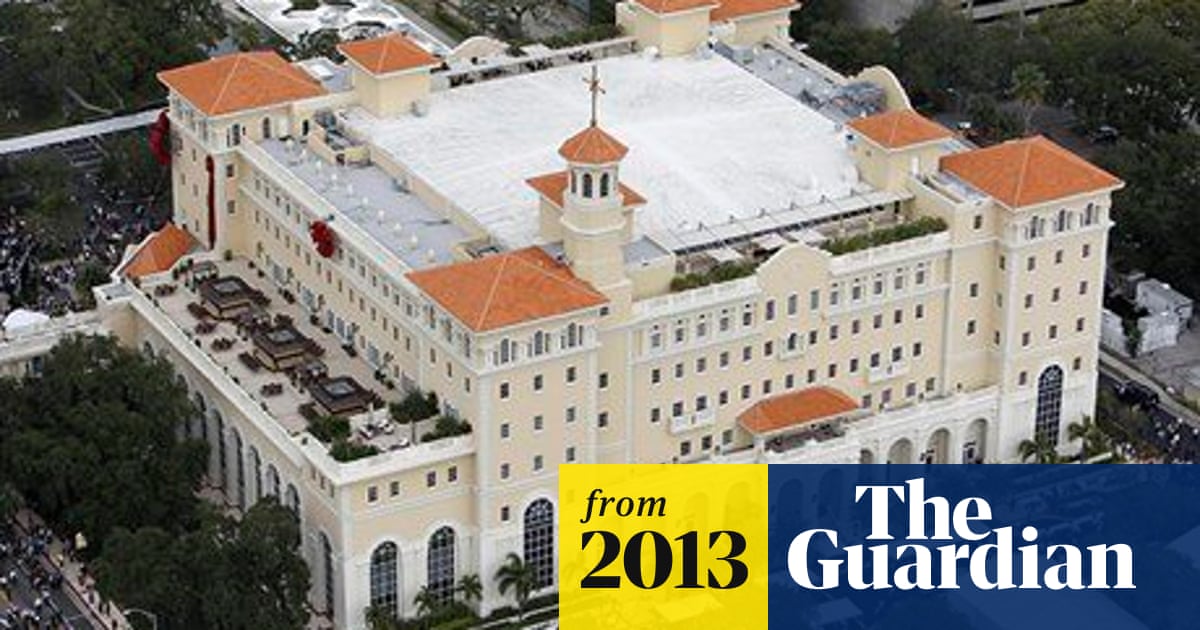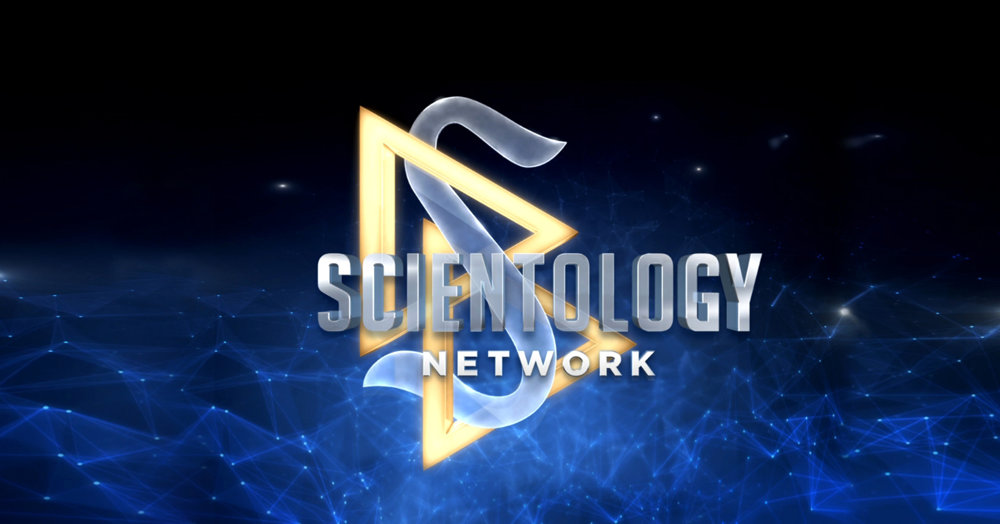Exploring the Church of Scientology: Its Goal and Global Existence
Exploring the Church of Scientology: Its Goal and Global Existence
Blog Article
The Fact Regarding the Church of Scientology Revealed
The Church of Scientology has actually long been a subject of both fascination and conflict, with its origins dating back to the mid-20th century. As we begin to decipher the reality concerning the Church of Scientology, a more clear photo arises, exposing a narrative that is as appealing as it is controversial.
Beginnings and Establishing
The Church of Scientology was started in 1954 by scientific research fiction author L. Ron Hubbard. Hubbard at first developed a self-help system called Dianetics, which later on advanced into what is currently understood as Scientology. The beginnings of Scientology trace back to Hubbard's discontentment with typical psychotherapy approaches and his idea in the capacity for people to overcome previous traumas and attain spiritual knowledge.
Hubbard's teachings focused around the idea of thetans, never-ceasing souls offer in all individuals, and the practice of bookkeeping, a form of counseling focused on discovering and resolving previous injuries (Scientology Randburg). These principles created the structure of Scientology, which Hubbard called a religion that offered a course to self-discovery and individual development
The Church of Scientology promptly got fans, with Hubbard developing the first main Church of Scientology in Los Angeles. Over the years, the organization expanded globally, attracting both committed followers and doubters who elevated problems regarding its methods and ideas. Regardless of conflicts surrounding its techniques and origins, Scientology continues to be a significant religious movement with a visibility in different nations around the world.

Beliefs and Practices
With a concentrate on spiritual enlightenment and individual development, Scientology's techniques and beliefs rotate around revealing previous traumas and achieving self-discovery through the concept of thetans and the technique of bookkeeping. Thetans, according to Scientology doctrine, are immortal spiritual beings that exist within each individual. These thetans have endured countless previous lives and have built up negative experiences referred to as engrams that prevent spiritual development. Through a process called bookkeeping, Scientologists aim to address and remove these engrams to obtain a state of clear, complimentary from the unfavorable effects of previous trauma.
By doing so, Scientologists think they can achieve spiritual knowledge, boost personal growth, and reach their complete potential as spiritual beings. The method of bookkeeping is central to the beliefs and techniques of Scientology, emphasizing self-discovery and the quest of a greater state of existence.
Disputes and Criticisms
Among public scrutiny and argument, the Church of Scientology has actually faced a wide variety of controversies and objections concerning its practices and effect on culture. One considerable factor of contention revolves around the organization's claimed economic practices, with allegations of expensive costs for services and aggressive fundraising techniques - What is Scientology. Movie critics have actually also increased concerns regarding the Church's stringent ordered framework, which some former members declare cultivates a culture of control and manipulation
Moreover, the Church of Scientology has actually gone through widespread criticism for its therapy of participants, consisting of accusations of required labor, psychological abuse, and the technique of interference, where participants are motivated to sever ties with friends and family crucial of the Church. These methods have led to various lawful obstacles and examinations in numerous nations, casting a darkness over the Church's track record.
Additionally, the Church's hostile lawful methods versus critics and media outlets have stimulated discussions about free speech and the limits of religious security. These conflicts have considerably shaped public understanding of the Church of Scientology and proceed to sustain recurring discussions concerning its authenticity and effect on culture.
Management and Framework
How does the leadership structure of the Church of Scientology affect its procedures and decision-making procedures? The Church of Scientology is recognized for its hierarchical management version, which is centralized around the authority of its leader, currently David Miscavige. As the Chairman of the Board of the Religious Technology Center, Miscavige holds substantial power within the organization. This central leadership structure permits quick decision-making and regular enforcement of policies throughout the church's various branches worldwide.
At the regional level, Scientology runs with individual churches and goals, each with its very own set of leaders responsible for supervising procedures within their corresponding locations. These leaders are charged with executing the instructions stated by the central management while also addressing the details requirements of their congregations.
While this ordered structure can simplify operations and guarantee adherence to the church's doctrines, it has additionally faced criticism for possible misuses of power and lack of transparency. Recognizing the management and structure of the Church of Scientology is vital in comprehending how the organization functions and the dynamics at play within its ranks.
Impact and Effect
What substantial results does the Johannesburg North management framework of the Church of Scientology have on its participants and exterior stakeholders? The hierarchical management framework within the Church of Scientology exerts a profound influence on its participants and external stakeholders.
Externally, the Church of Scientology's management structure can have a polarizing impact on stakeholders. While some may be attracted to the company's charming leaders and assurances of self-improvement, others might watch out for the control put in over participants and the controversies surrounding the church. This can result in a division in public perception, with some watching the company positively and others revealing hesitation or objection. On the whole, the management structure of the Church of Scientology plays a considerable role fit the experiences and assumptions of both participants and outside stakeholders.
Verdict

The Church of Scientology rapidly obtained followers, with Hubbard establishing the initial official Church of Scientology in Los Angeles.In the middle of public scrutiny and dispute, the Church of Scientology has dealt with a wide range of criticisms and disputes concerning its practices and effect on culture.What considerable results does the leadership structure of the Church of Scientology have on its members and external stakeholders? The ordered management structure within the Church of Scientology puts in an extensive influence on its participants and exterior stakeholders. In general, the management framework of the Church of Scientology plays a considerable role in shaping the experiences and perceptions of both members and outside stakeholders.
Report this page